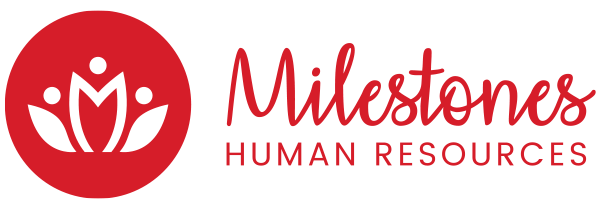Business owners have a lot of balls to juggle. We often get asked; how do I keep my human resources records organized and complaint? We’re happy to share some HR data organization and compliance tips; as it is crucial for efficient operations. Here’s a comprehensive guide to help you maintain organized HR records:
- Establish a Record-Keeping System: Develop a systematic approach to categorize and store HR documents. Digital systems are often preferred for their accessibility and ease of organization. In addition, they offer a date/time stamp that can be critical to proving the timing of data.
- Create Folders or Categories: Organize documents into logical categories such as employee personal information, performance evaluations/appraisals, benefits, payroll, training records, etc. It is imperative to have separate files for medical information (by employee) and I-9s (can be stored via employee group instead of by employee.)
- Standardize Naming Conventions: Use consistent naming conventions for files and folders to facilitate easy retrieval. Include relevant information such as date, employee name, and document type. E.g., 2024-05-30 Angela Addison Performance Appraisal – Completed
- Implement Access Controls: Ensure that only authorized personnel have access to sensitive HR information. Implement security measures such as password protection, encryption, and restricted user permissions.
- Maintain Confidentiality: Safeguard sensitive employee data to comply with privacy regulations such as HIPAA. Store confidential documents in secure locations and limit access to authorized individuals.
- Stay Current with Compliance Requirements: Regularly review and update HR record-keeping practices to comply with changing laws and regulations. Stay informed about legal requirements related to record retention periods and document disposal. We often assist our clients with building a Human Resources Calendar which shows the prep work and due dates for important HR functions and due dates by month so that it is a reoccurring event.
- Back Up Data Regularly: Protect against data loss by regularly backing up HR records. Store backups in secure locations, both onsite and offsite, to ensure continuity in case of emergencies or system failures.
- Establish Record Retention Policies: Develop clear policies outlining how long different types of HR records should be retained. Follow legal requirements and industry best practices when determining retention periods.
- Dispose of Records Properly: Develop procedures for securely disposing of outdated or irrelevant HR documents. Shred and/or digitally delete records according to established retention policies to mitigate risks associated with data breaches or litigation.
- Train Staff: Provide training to any staff whose are involved with Human Resources matters to use the established record-keeping policies and procedures. Ensure that employees understand their roles and responsibilities in maintaining organized HR records.
- Regular Audits and Reviews: Conduct periodic audits of HR records to identify any inconsistencies, errors, or compliance issues. Address any discrepancies promptly to maintain data accuracy and integrity.
- Seek Professional Guidance: Consult with Human Resources Consultants to ensure that your record-keeping practices comply with applicable laws and regulations. We can provide valuable guidance on best practices and help address any compliance concerns.
By implementing these strategies, you can establish an efficient and compliant system for organizing HR records, promoting data accuracy, confidentiality, and accessibility. Need a helping hand? Feel free to reach out to us at angie@milestoneshr.com or 608-370-4642. Check out our website at www.milestoneshr.com

